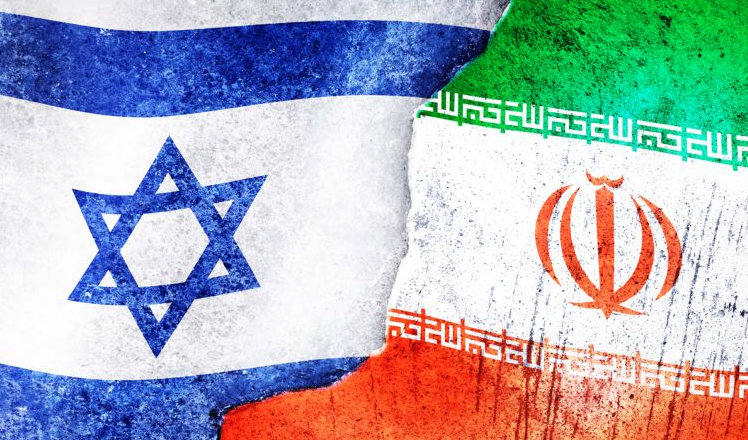
The Iran-Israel conflict has entered its third straight day of heavy fire, with Iran launching a new wave of ballistic missiles toward Israeli targets just hours after a series of loud explosions rocked the Iranian capital, Tehran.
The intensifying exchange marks one of the most volatile escalations in years, with both nations trading strikes across air and cyber domains. Footage of sirens, smoke trails, and intercepted warheads continues to flood social media, while official reports from both governments remain vague, heightening global anxiety.
The situation has now drawn direct commentary from U.S. President Donald Trump, who — in typical fashion — offered seemingly contradictory messages. Speaking at a press event, he claimed that “peace could come soon,” while also warning that the U.S. “might have no choice” but to intervene if its allies or interests are threatened.
This dual-tone messaging has left analysts uncertain whether diplomatic pressure or military buildup will come next. American warships in the region have reportedly increased readiness, and air defense systems in both Israel and U.S. bases nearby have been activated.
For South Asians across Canada, particularly in communities with roots in the broader Middle East, the tension is being watched with unease. “We just want peace,” said Amandeep Singh, a community organizer in Mississauga. “Whether it’s Iran or Israel, innocent people are paying the price.”
Canada has yet to take a hard stance, but Ottawa has issued a travel advisory for parts of the region and reiterated its call for all sides to show restraint.
As the situation unfolds by the hour, the world — including many South Asians living in Canada — is left hoping this dangerous spiral doesn’t tip into something far worse.
